BHU at the Brink: Will Varanasi’s Intellectual Heartbeat Survive?
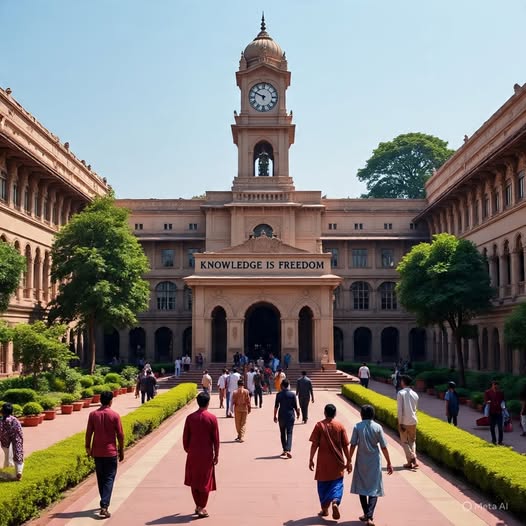
ज़िन्दगी कुछ यूँ गुजारी जा रही है, जैसे एक जंग हारी जा रही है
जहाँ पे पहले से जख्मो के निशान थे, फिर से वहीँ पे चोट मारी जा रही है ......
(Life is passing as if a war is being lost. Where wounds already existed, fresh blows are being struck again.)
In Varanasi, where the Ganga flows with timeless serenity and the chants of Lord Vishwanath reverberate through ancient alleys, Banaras Hindu University (BHU) stands as a beacon of India’s intellectual heritage. Founded in 1916 by Pandit Madan Mohan Malaviya, BHU was envisioned as a temple of learning, a crucible for ideas that would shape the nation’s future. Yet, today, this revered institution teeters on the edge of decay, battered by administrative neglect, politicization, and a creeping erosion of its academic soul.
For over four years, BHU has operated without a functioning Executive Council, the body meant to steer its academic and administrative course. The Vice Chancellor’s chair has remained vacant for more than six months, leaving the university without a unifying voice. The Finance Controller’s post has been unfilled for years, casting a shadow over financial governance. The search committee, once a symbol of academic integrity, has faded into irrelevance, replaced by a newly appointed council that resembles a district-level political gathering more than a body of scholarly wisdom. This is not mere bureaucratic dysfunction—it is a deliberate dismantling of an institution’s core.
The absence of leadership has left BHU adrift. Students navigate a labyrinth of unresolved grievances, from unclear PhD admission processes to delayed scholarships. Faculty, once the backbone of intellectual rigor, are divided by internal disputes, particularly in the medical college, where factionalism has paralyzed progress. Reports of financial irregularities—questionable General Provident Fund (GPF) interest payments, misallocated budgets, and unaccounted expenditures—have surfaced repeatedly, yet those implicated continue to hold prestigious positions as deans and directors. The message is stark: accountability has been supplanted by allegiance to power. According to a 2023 report by the University Grants Commission (UGC), BHU’s financial mismanagement has led to a backlog of audits, with discrepancies amounting to crores of rupees. Such lapses, left unaddressed, erode trust in the institution’s governance.
The ideological capture of BHU is perhaps its gravest wound. Malaviya’s vision was of a university where truth was pursued fearlessly, where dissent and debate were sacred. Today, loyalty to political doctrines overshadows scholarly merit. The Executive Council, when reconstituted, included members whose credentials leaned more toward ideological alignment than academic excellence. This shift has created a chilling effect: classrooms, once vibrant with inquiry, now echo with conformity. Faculty fear retaliation for speaking out, and students are subtly taught obedience over curiosity. A 2024 post on X by a BHU alumnus lamented, “The university that once hosted Amartya Sen’s debates is now a place where questioning authority invites suspicion.” This sentiment reflects a broader decline in academic freedom, a cornerstone of any great university.
Varanasi’s identity is inseparable from two pillars: the spiritual sanctity of Kashi Vishwanath and the intellectual legacy of BHU. If either falters, the city risks losing its soul. While the government invests in beautifying Varanasi’s ghats and building luxury hotels to cement its status as a cultural capital, BHU’s decay unfolds in plain sight. The contrast is jarring: a city cannot claim cultural revival while its academic heart rots. The Ganga may flow eternally, but BHU’s vitality is not guaranteed. Its decline threatens not just its students and faculty but the very idea of India as a nation of knowledge and inquiry.
The roots of BHU’s crisis lie in a broader malaise affecting Indian universities. A 2022 report by the Association of Indian Universities noted that over 30% of central universities in India lack permanent Vice Chancellors, with interim appointments often swayed by political considerations. BHU, however, is a unique case—its stature as a cultural and academic symbol amplifies the stakes. The university’s Institute of Medical Sciences, once a premier destination for healthcare education, now grapples with faculty shortages and outdated infrastructure. PhD programs, meant to nurture India’s next generation of scholars, are stalled by undefined admission criteria and bureaucratic inertia. Students, caught in this quagmire, have taken to platforms like X to voice their frustration, with hashtags like #SaveBHU trending sporadically in 2024.
The tragedy is not just in what has happened but in what is being allowed to happen. The silence of the academic community, the indifference of policymakers, and the normalization of ideological appointments signal a future where universities become tools of power rather than bastions of learning. Yet, there is hope—if those who cherish BHU’s legacy act swiftly. Faculty, students, and alumni must demand transparency in governance, merit-based appointments, and the restoration of academic freedom. The government, too, must recognize that neglecting BHU undermines its own narrative of cultural and intellectual resurgence.
To save BHU is to reclaim the idea of India it was meant to serve—a nation where knowledge transcends politics, where truth is pursued without fear. The Ganga will continue to flow, and the chants of Vishwanath will echo through time. But BHU’s survival depends on whether we can heal its wounds before they become scars.
Preserve the legacy; protect the autonomy—before the silence becomes complicity.
Prof. B.R.Gupta, Former Faculty of BHU ,Member of Press Council of Inida & Editorial Adviser of Bhaskar Group.
The recent reconstitution of the Executive Council at Banaras Hindu University signifies a marked departure from its historic academic ethos. Where once sat luminaries—renowned jurists, scholars, and visionaries—now stand individuals whose proximity to political leadership appears to outweigh their academic distinction. The appointment of local political functionaries and ideologically affiliated actors reflects not a meritocratic selection, but a patronage-driven framework. This shift, subtle in nomenclature but profound in implication, compromises the integrity of institutional governance and undermines the university’s mandate as a national seat of higher learning.
The transformation comes amid a broader national landscape that has witnessed the closure of tens of thousands of schools, revealing a retreat from educational investment. BHU, an emblem of intellectual excellence, is now tet hered to forces that prioritize symbolic control over substantive progress. The concentration of Executive Council membership within limited ideological and regional bounds not only stifles academic diversity but sets a dangerous precedent for centralized interference in autonomous institutions.
Such developments foster apprehension that positions of influence may soon fall into the hands of bureaucrats whose competence lies in political machinery rather than pedagogical stewardship. The quiet acquiescence of the academic community would be a betrayal of the university’s founding vision. It is time that those committed to scholarship speak with clarity—before the architecture of education is redefined beyond recognition.

The Executive Council must reflect intellect, not ideology
Former Faculty of Law , BHU
The newly constituted Executive Council (EC) of Banaras Hindu University (BHU) is a sad indication of the truism that politics has usurped the driving seat in educational institutions of higher learning. The entry of political figures will cause a far-reaching and serious dent in the academic environment. The Endeavour to discover the truth is being eclipsed by political agendas. Education now seems to be a product of politics and will no longer remain neutral.
In the journey of seeking truth across different stages of human civilization, the paths adopted have either been those of faith and belief or those of rational and scientific inquiry. Autonomy of universities has been central to the realization of truth. Truth is not a slave to power, and therefore, both religion and education have historically enjoyed autonomy. It is a statutory tradition to constitute the Executive Council to manage the university's affairs freely.
Education has long been aligned with the agenda of liberalism. However, the reaction against liberal thought is keen to undermine the pursuit of truth, with educational institutions as its ultimate victims. The composition of the newly constituted EC of BHU undermines both academic expertise and sound administration. The fact that all members appear aligned with a particular political ideology suggests a deliberate attempt to bring the academic institution under a hierarchical authoritarian structure.
The longstanding practice of inducting members with scientific temper, representing diverse geographical regions and fields of learning, is conspicuously absent. BHU is internationally known for its academic excellence, and a large number of students and faculty belonging to the SC/ST communities are engaged in learning and research. It is deeply unfortunate that this section of the academic community remains unrepresented, with neither minorities nor SC/ST members finding a place in the EC.
The induction of local individuals into the apex governing body of the university is likely to degrade the quality of learning and research, while fostering day-to-day interference in university affairs. It would not be an exaggeration to say that the university may soon become a battleground for political contests.
When Campuses Become Corridors of Power, Education Suffers
Prof. From BHU
In the sacred space of a university, where minds are meant to flourish and dissent is a form of learning, the intrusion of politics marks a dangerous turning point. Banaras Hindu University (BHU), once a bastion of intellectual freedom and democratic spirit, now finds itself tethered to a structure where political appointments threaten the very soul of higher education. The recent constitution of its Executive Council, dominated by local political figures, has left many faculty members disillusioned and fearful—not just for their autonomy, but for the future of academic integrity.
Universities are not mere classrooms; they are crucibles where students learn to question, to argue, and to understand the essence of democracy. Before entering these gates, students study chapters. Inside, they learn how to apply them. But when the campus becomes a battleground for ideological control, the space for critical thought shrinks. Faculty members, once able to voice concerns through institutional channels, now face the prospect of placing their grievances before politically aligned council members—city presidents, district secretaries—whose allegiance lies not with scholarship but with party lines.
This is not just a procedural concern; it is a moral crisis. When the final authority is shaped by political grace, academic voices are silenced. The fear is palpable: that disagreement will be punished, that dissent will be labeled disloyalty. The memory of a Prime Minister laughing at his own caricature now feels like a relic of a freer time. Today, satire is suspect, and silence is survival.
The danger of a single ideology manufacturing thought for all is not hypothetical—it is historical. Fascism thrives where plurality dies. And when professors are forced into quiet compliance, the university ceases to be a university. It becomes a factory of obedience.
This is why the opposition is not just justified—it is urgent. BHU must not become a monument to political patronage. It must remain a sanctuary of truth.
----
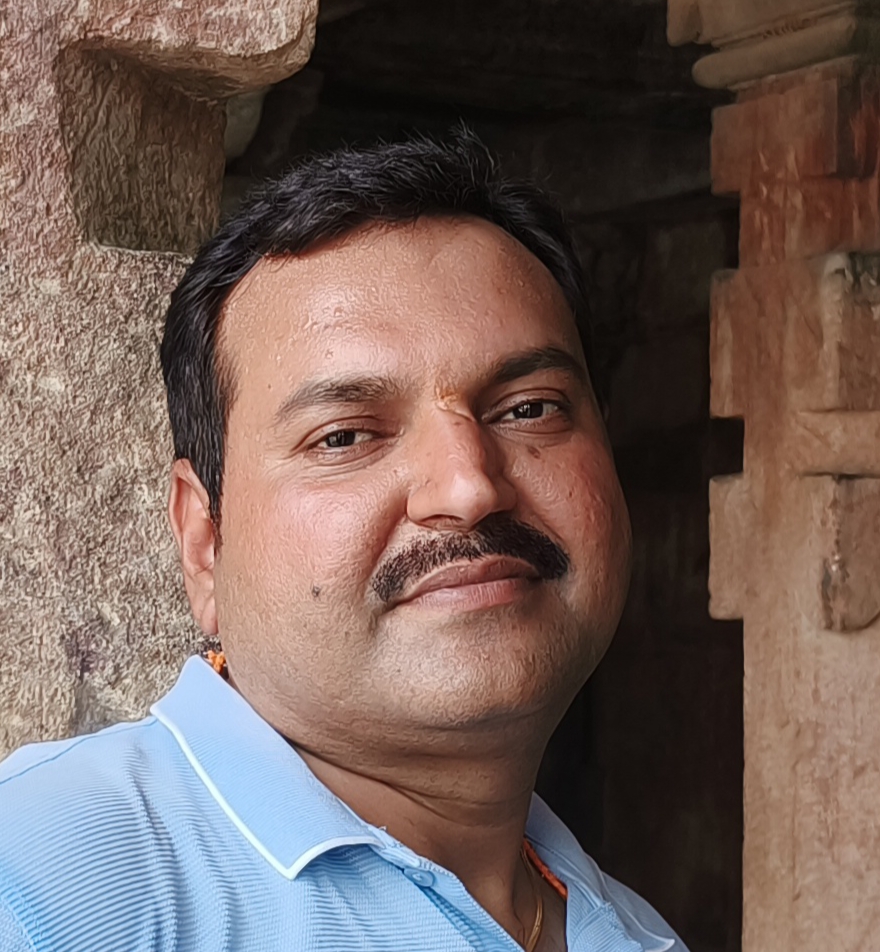
 1 month ago
1 month ago
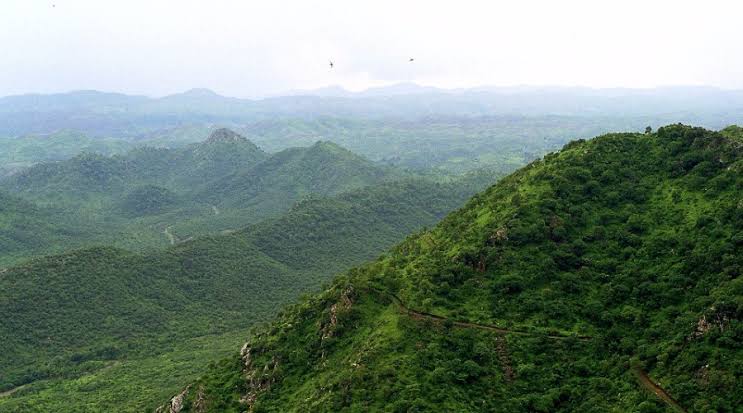
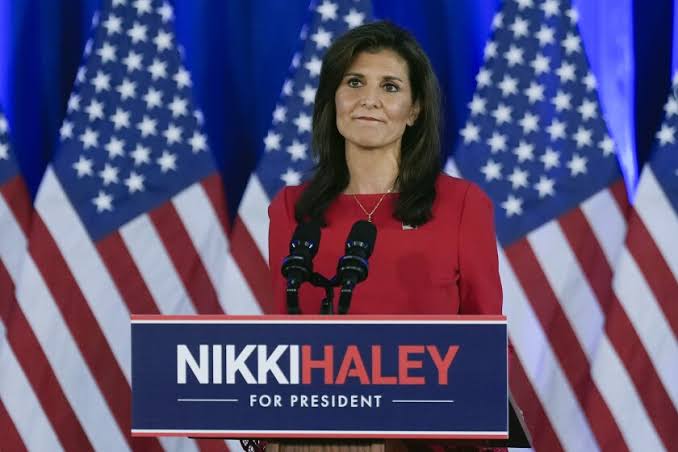

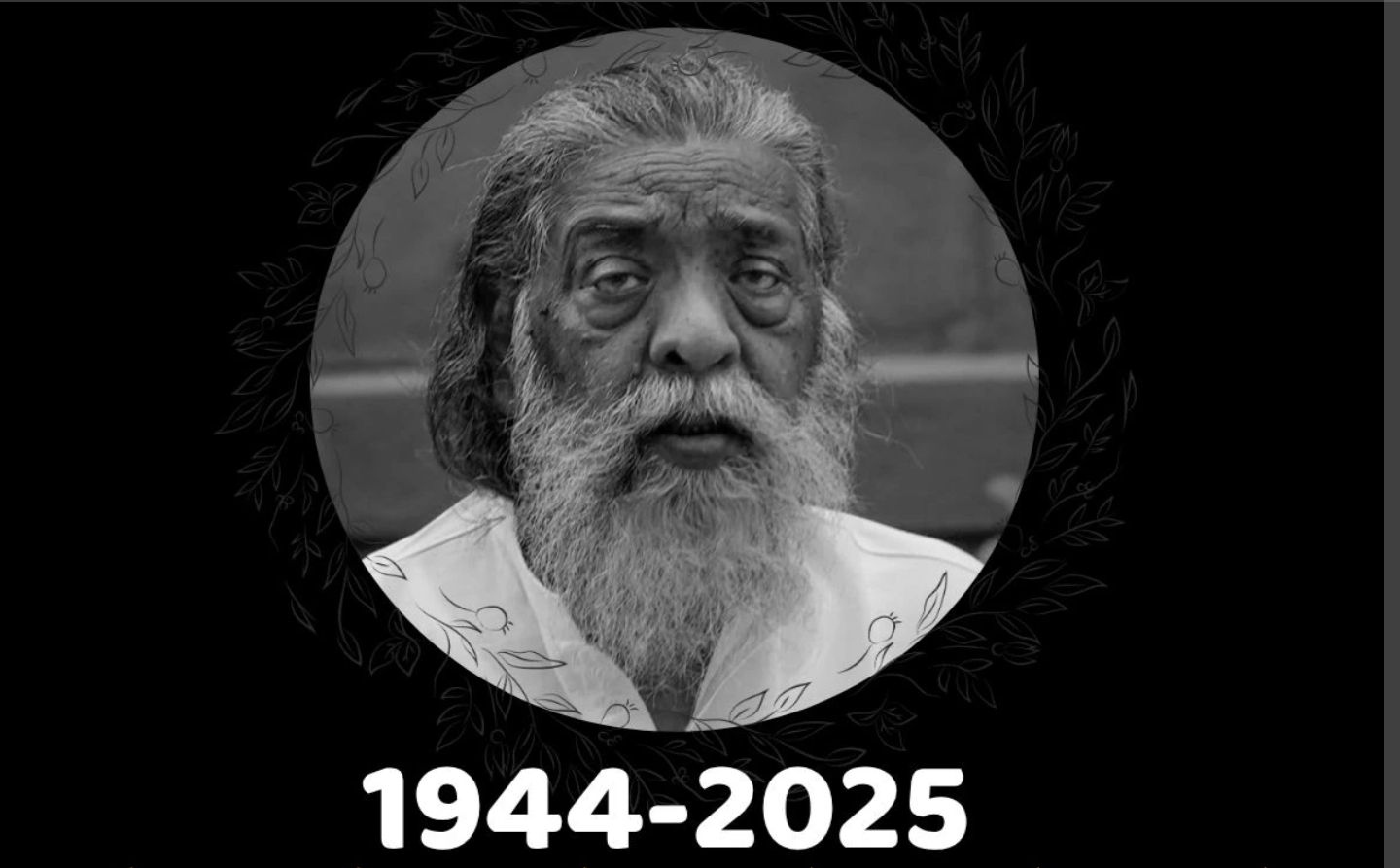
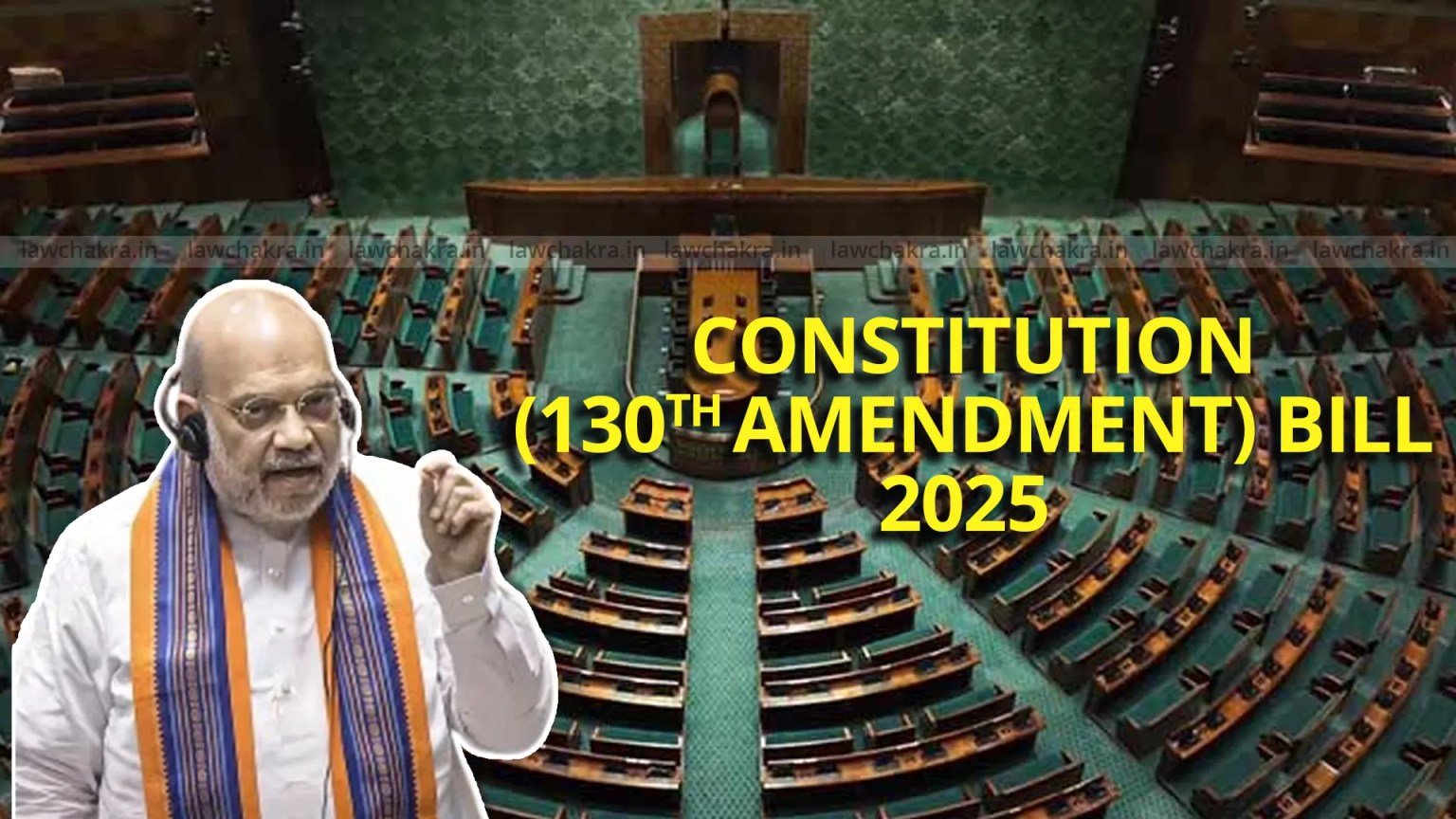
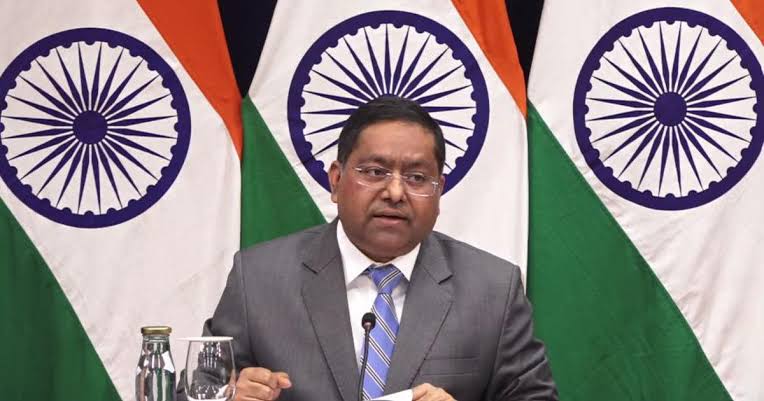

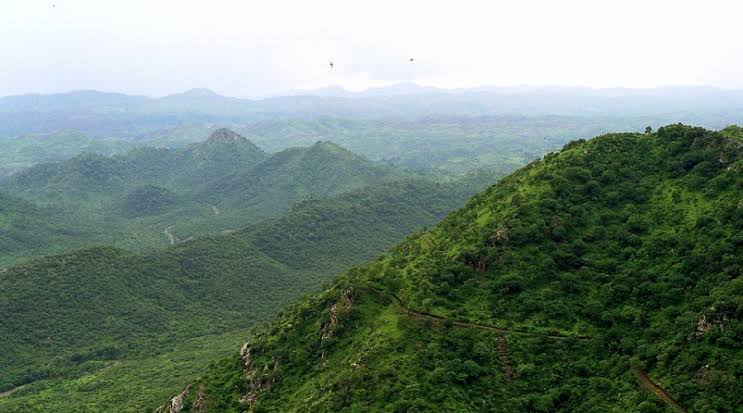
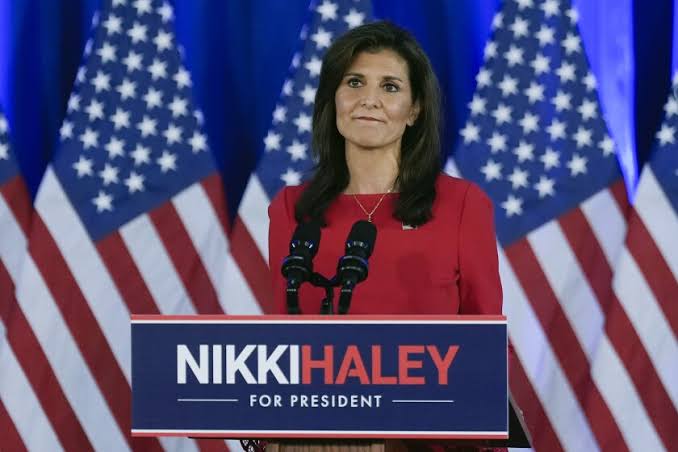


[[comment.comment_text]]